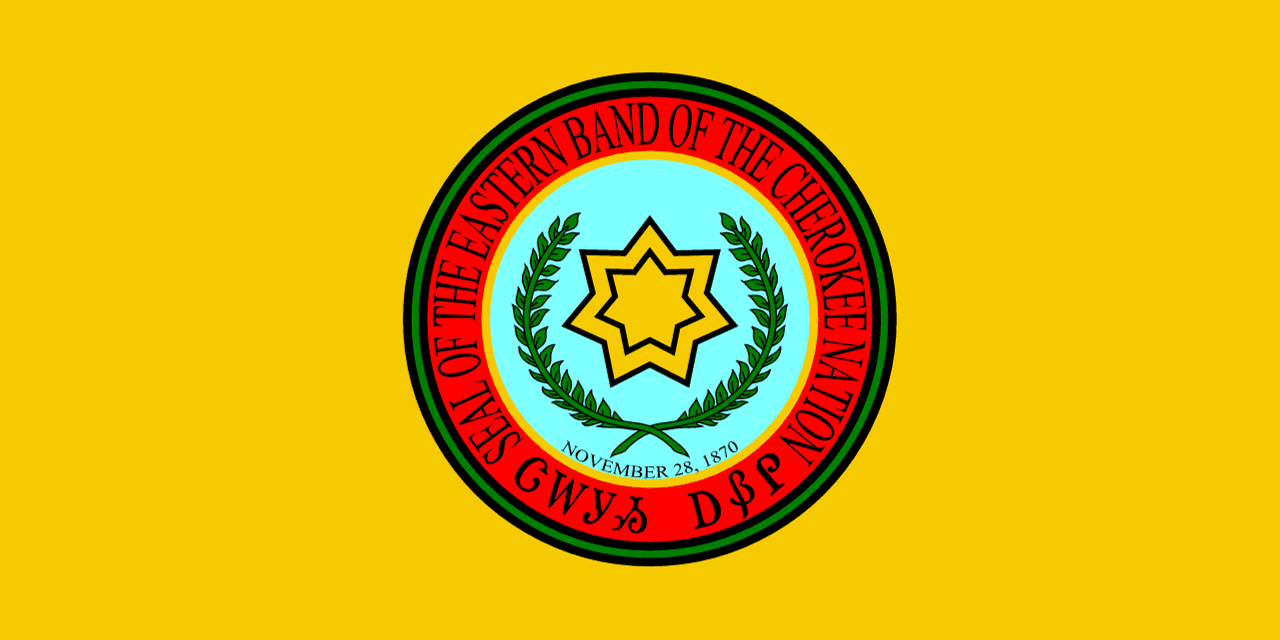Celebrating Indigenous People’s Day: Tribal Nations are Trailblazers in Cannabis Legalization
Last updated on Oct 7, 2024
Created on Oct 3, 2023

Article written by

Olivia SwannMarketing Associate
In the world of cannabis, Indigenous communities are making strides to secure their interests in the legal industry, foster economic opportunities for their residents, and provide their communities access to plant-based medicine.
With Indigenous People’s Day right around the corner — a holiday that honors the culture and contributions of the original inhabitants of the United States — it’s the perfect opportunity to learn more about and celebrate the history-making successes of Tribal Nations in the cannabis industry.
Tribal Sovereignty and Cannabis Regulation: Making History
In states like New York and Minnesota, Indigenous communities have seized the opportunity to roll out legalization ahead of the official state programs.
The Saint Regis Mohawk Tribe began rolling out its own tribally run recreational cannabis industry in 2021, making history by opening and operating the first dispensary in New York.
White Earth Nation and Red Lake Nation, based in Minnesota, also made history by opening the first recreational cannabis dispensaries in Minnesota.
Rolling out legalization ahead of the state not only gives Indigenous nations the power to protect their interests in the industry better but also allows them to get a head start on developing a loyal customer base, work out any kinks in their operation, and begin collecting revenue months or years before the state program is fully functional.
Legalization Economically Benefits Indigenous Communities
Indigenous Americans stand to gain financially from legalizing recreational and medical cannabis, especially in places where dispensaries on Tribal land are the only way for many in the area to access legal cannabis.
For example, in North Carolina, medical and recreational marijuana remains illegal for residents, except for the Qualla Boundary.
In 2021, the Eastern Band of Cherokee (EBCI) legalized medical marijuana. On April 20, 2024, the first medical dispensary—Great Smoky Cannabis Dispensary—opened on tribal land. On July 4, 2024, the EIBC started selling recreational marijuana to members of federally recognized tribes.
Tribes nationwide are diversifying their economies and investing in legal cannabis, creating a welcome revenue source for tribal governments and economic opportunities for Indigenous communities.
Reclaiming Indigenous Plant-Based Medicine With Cannabis
Indigenous people of the Americas have a long history of using native plants for medicinal purposes.
Though cannabis did not appear in the Americas until the spread of colonization, it is well-known for its medicinal properties and has been used for various purposes since its introduction to the continent.
Reservations and Indigenous communities remain underserved and often struggle to access healthcare and social services. For many, the legalization of medical cannabis is a logical decision since it could better the quality of life of residents. For others, it is an opportunity to reclaim Indigenous plant-based medicine.
In 2020, the Oglala Sioux Tribe overwhelmingly voted to legalize recreational and medical cannabis despite a century-long ban on alcohol. For some, this may seem counterintuitive.
However, research overwhelmingly supports this move.
In January 2023, the World Health Organization (WHO) released a report stating that no level of alcohol consumption is safe for our health. In contrast, there is an increasing body of evidence that supports the medicinal value of cannabis for a variety of conditions.
Residents view cannabis as a safer alternative to alcohol that can also help manage mental health disorders and other chronic conditions.
The Bottom Line
As we celebrate Indigenous People’s Day, we celebrate the tribal nations that have become trailblazers in cannabis legalization.
Despite Indigenous communities being underserved and facing discrimination that results in difficulty accessing healthcare, they are taking the lead to provide economic opportunity and access to medical cannabis to their residents.
This October, take the time to donate to Indigenous-led organizations, read something written by an Indigenous writer, support an Indigenous-owned dispensary or cannabis business, or take part in an event or celebration.
Frequently Asked Questions
Is Indigenous People’s Day a federal holiday?
Indigenous People’s Day is not a federal holiday. However, two bills are making their way through Congress that seek to make it one.
What states officially recognize Indigenous People’s Day?
Fourteen states officially recognize and celebrate Indigenous People’s Day:
- Alabama
- Alaska
- Hawai’i
- Idaho
- Maine
- Michigan
- Minnesota
- New Mexico
- North Carolina
- Oklahoma
- Oregon
- South Dakota
- Vermont
- Wisconsin
As well as Washington, D.C.
Additionally, more than 130 cities recognize the holiday.
Why do we celebrate Indigenous Peoples Day vs. Columbus Day?
Columbus Day was initially seen as a celebration of Italian-American heritage and the “founding” of the Americas by Christopher Columbus. However, for many today, it symbolizes the brutal and bloody colonization of the New World.
The shift toward celebrating Indigenous People’s Day acknowledges the original inhabitants of the Americas, celebrates their resilience, culture, and contributions despite persecution, and sheds light on this dark chapter in history.
When is Indigenous People’s Day Celebrated?
Indigenous Peoples’ Day (IPD) is celebrated on the second Monday in October. This year, it falls on Monday, October 14th, 2024.